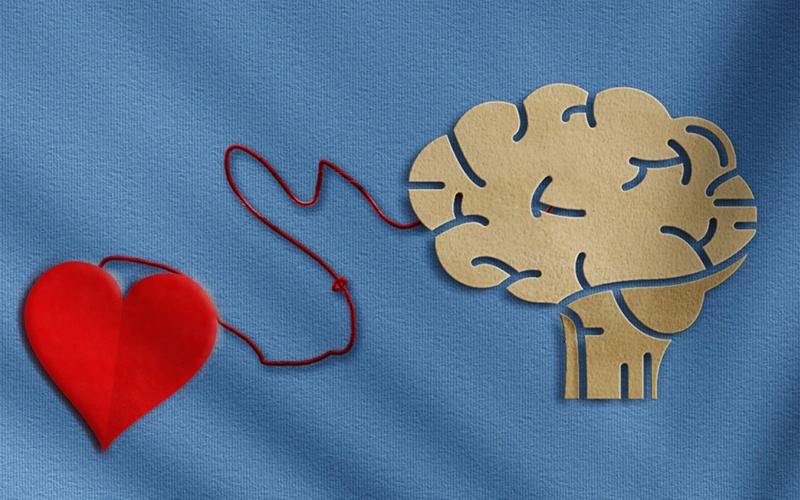Understanding and Cultivating Forgiveness
The Importance of Forgiveness
Forgiveness is often regarded as an essential step in emotional healing and personal growth. The ability to forgive—whether it’s forgiving yourself for past mistakes, others who have wronged you, or circumstances beyond your control—can significantly influence your overall well-being. It goes beyond just a single act; forgiveness is a process that requires understanding, patience, and a commitment to letting go of resentment.
In this article, we will explore the different dimensions of forgiveness and how it impacts various aspects of life. Understanding your forgiveness tendencies can guide you toward healing and emotional resilience, making forgiveness a key component of a healthy mindset.
Forgiving Yourself: The Foundation of Inner Peace
Self-forgiveness is often the most challenging type of forgiveness. It requires you to look inward, confront feelings of guilt or shame, and ultimately accept yourself despite past mistakes. Many people struggle with holding onto guilt, replaying scenarios, and criticizing their actions. Learning how to forgive yourself can foster self-compassion, reduce stress, and enable you to move forward in life without the burden of past errors.
People who are more self-forgiving tend to exhibit greater emotional resilience and are more capable of personal growth. They recognize that mistakes are part of the human experience and offer themselves kindness instead of harsh self-criticism.
Forgiving Others: Letting Go of Resentment
Forgiving others can be complex, especially when the harm caused feels significant. However, holding onto grudges and resentment can weigh heavily on your emotional state, potentially leading to anxiety, anger, and strained relationships. When you forgive others, you’re not necessarily condoning their actions but freeing yourself from the emotional toll of holding onto anger.
People who are able to forgive others often experience improved mental health, better relationships, and a greater sense of peace. This type of forgiveness requires understanding, empathy, and sometimes recognizing that everyone is capable of mistakes.
Forgiving Life’s Situations: Accepting the Uncontrollable
Sometimes, the hardest thing to forgive is not a person, but the circumstances of life. Unexpected difficulties such as loss, disappointment, or uncontrollable events can lead to prolonged feelings of frustration and bitterness. Forgiveness of situations involves accepting that certain things are beyond your control and making peace with those realities.
Developing the capacity to forgive difficult life events allows you to release feelings of unfairness and victimization, and to move forward with a more balanced and positive outlook. Over time, this type of forgiveness can increase emotional resilience and a greater sense of acceptance.
The Benefits of Forgiveness for Emotional Health
Research consistently shows that forgiveness has wide-reaching benefits for emotional and physical health. People who forgive are more likely to experience lower levels of anxiety, depression, and stress. In addition, forgiveness has been linked to improved cardiovascular health, better sleep, and greater overall life satisfaction. Learning to forgive, especially across different domains like self, others, and situations, can lead to a profound sense of emotional freedom.
Forgiveness, at its core, is about reclaiming your emotional well-being and letting go of negativity. By developing the ability to forgive, you’re not only improving your own mental health but also fostering healthier relationships and a more fulfilling life.
How to Cultivate Forgiveness in Daily Life
Forgiveness is a practice that can be cultivated over time. Here are some steps you can take to start:
- Acknowledge the Hurt: Recognize your feelings and understand how the situation has affected you.
- Understand Your Reaction: Reflect on why it’s difficult to forgive and what holds you back.
- Empathy and Perspective: Try to see the situation from a broader perspective, which may involve empathy for others or accepting uncontrollable circumstances.
- Release the Resentment: Make a conscious choice to let go of anger or grudges, even if it takes time.
- Practice Self-Compassion: If the forgiveness involves yourself, give yourself permission to move forward without harsh judgment.
By practicing forgiveness, you can create more space for joy, connection, and emotional well-being in your life.



